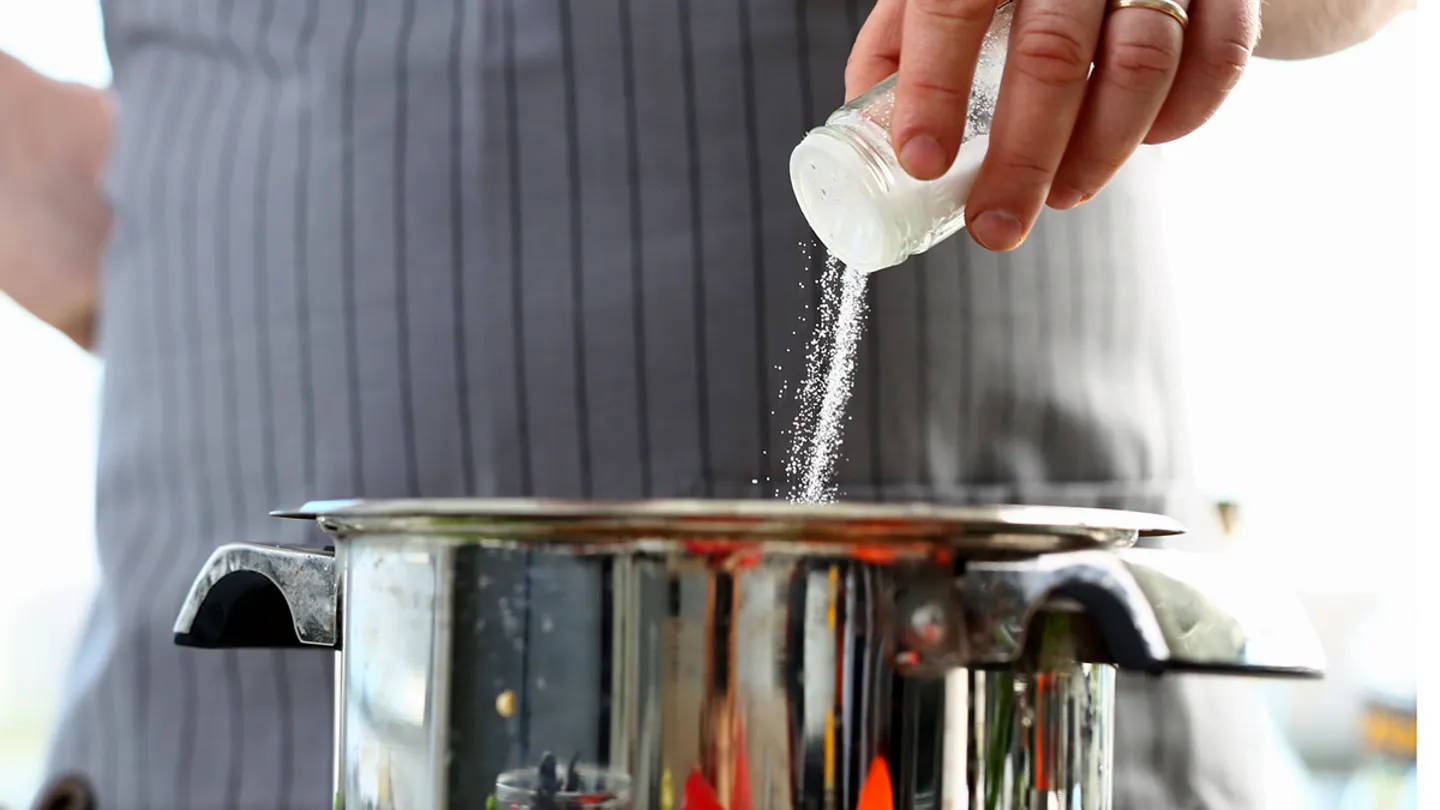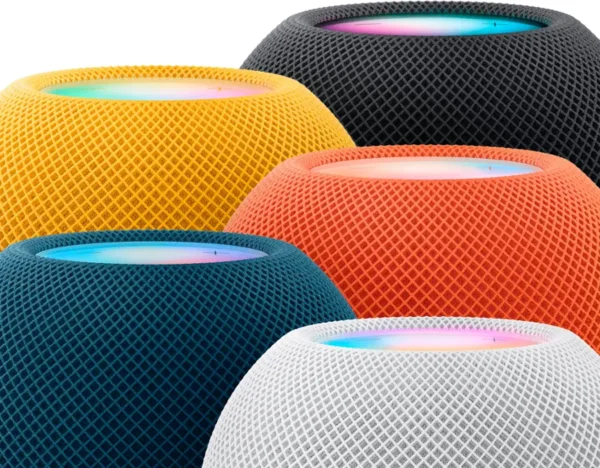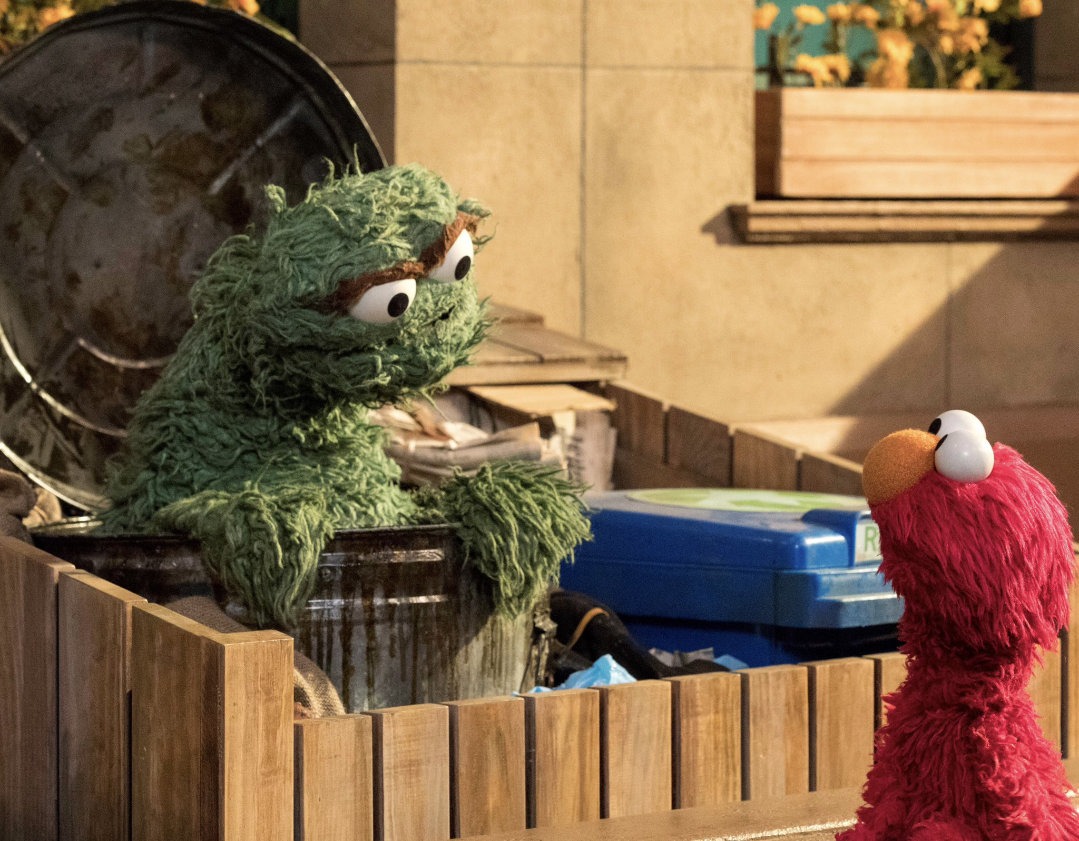NEED TO KNOW
- Man’s low-sodium diet swapped table salt for a chemical used to clean pools.
- Doctors treated symptoms ranging from paranoia to cookware that “sparkled suspiciously.”
- Experts now rank AI health tips between fortune cookies and Magic 8-Balls.
A 60-year-old man landed in the hospital after following ChatGPT’s advice to replace table salt with sodium bromide. The chemical is mostly used to sanitize pools and factory equipment, not to season spaghetti. He used it for three months, sprinkling it over pasta, eggs, and even oatmeal.
Before long, he developed fatigue, trouble sleeping, and vivid hallucinations. He also became convinced that his neighbor was trying to poison him, despite the neighbor doing nothing more than watering plants. Doctors diagnosed him with bromism, a rare condition caused by high bromide levels. They started treatment with fluids and electrolytes, then cleared his kitchen of all suspicious containers.
Nutrition experts say the mistake shows the risk of asking artificial intelligence for medical advice. In this case, the bot confused a cooking question with a chemistry experiment. “It’s not evil,” said one dietitian. “It just thinks cleaning algae and seasoning soup are related.”
OpenAI reminded the public that ChatGPT is not a doctor. Still, the company thanked the man for “stress-testing the system” and promised to improve safety filters. Hospitals urge people to ask licensed professionals for diet changes, not chatbots that also write limericks about bread.
Quote of the moment
If your salt substitute is sold next to pool chemicals, you’ve gone too far
Dr. Linda March, American Culinary Safety Institute















